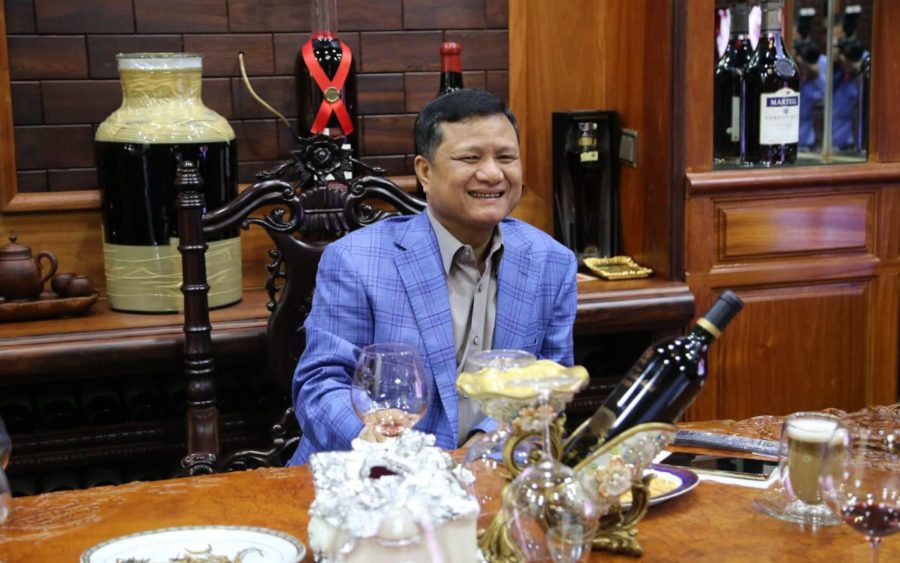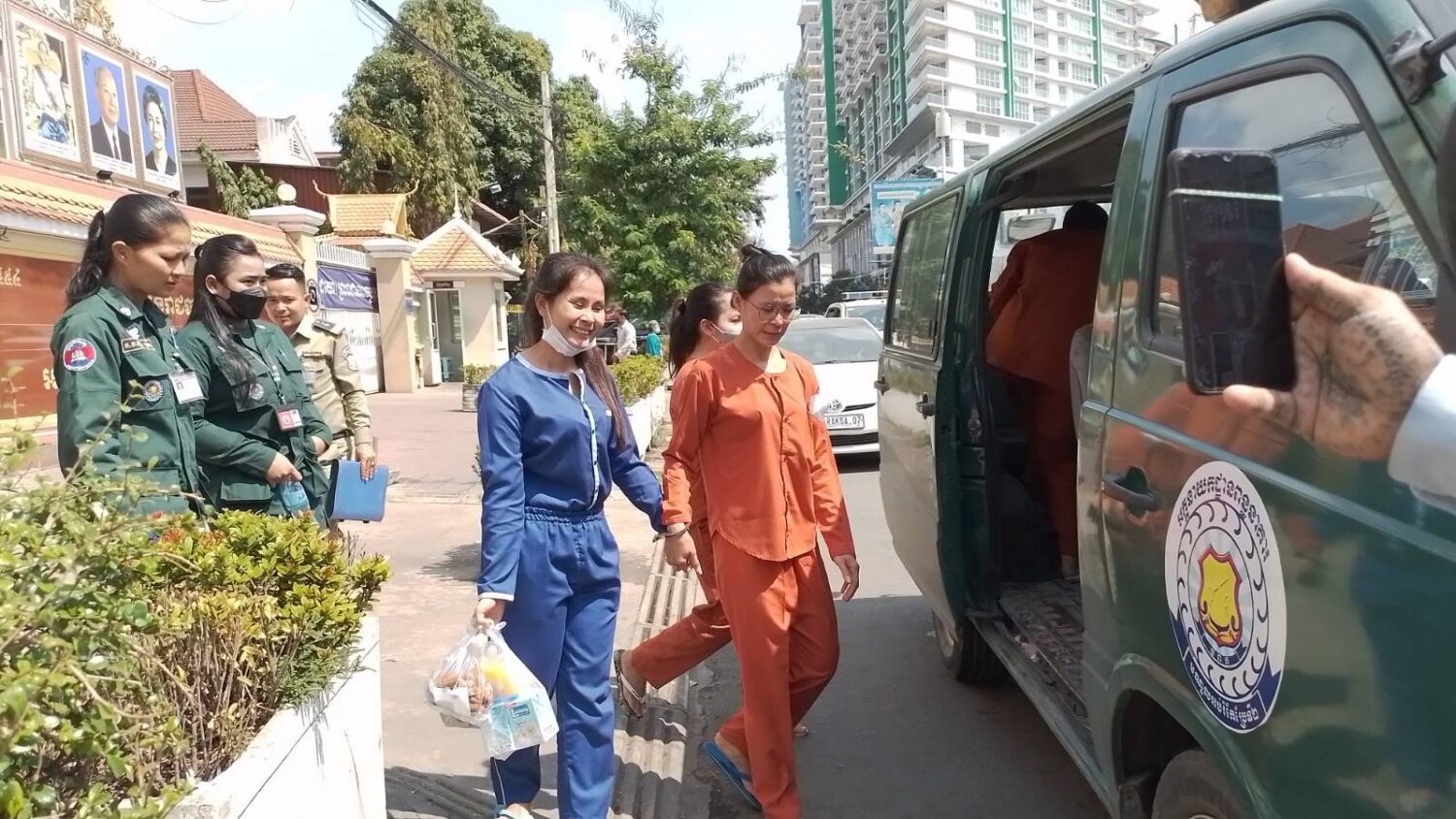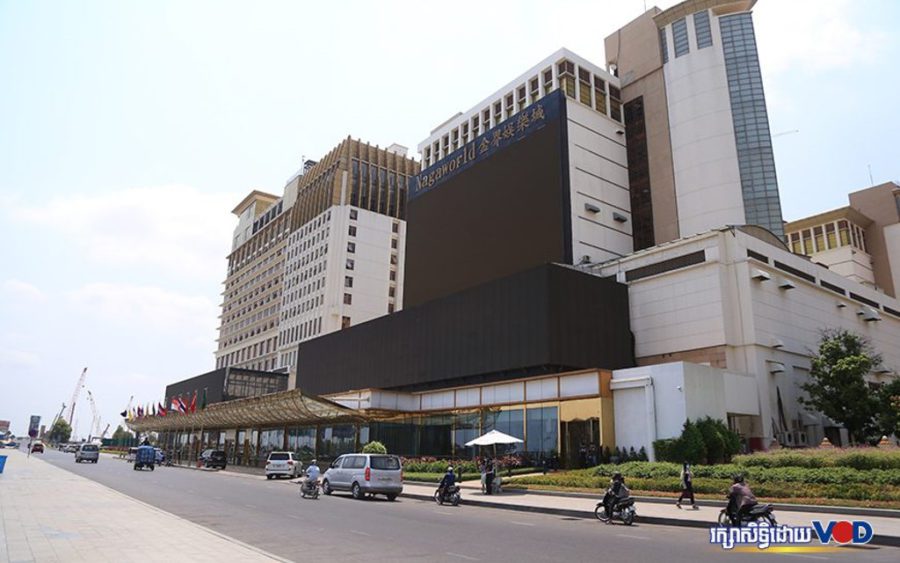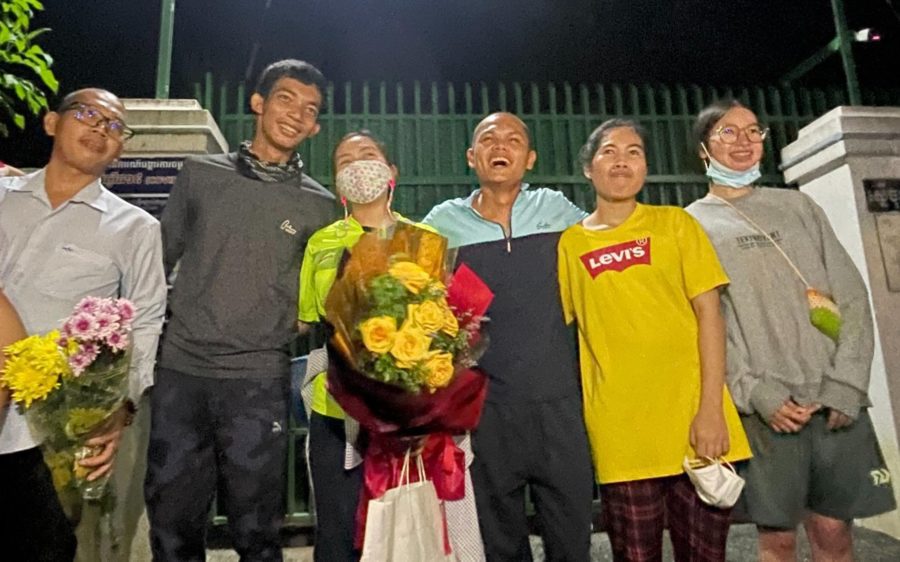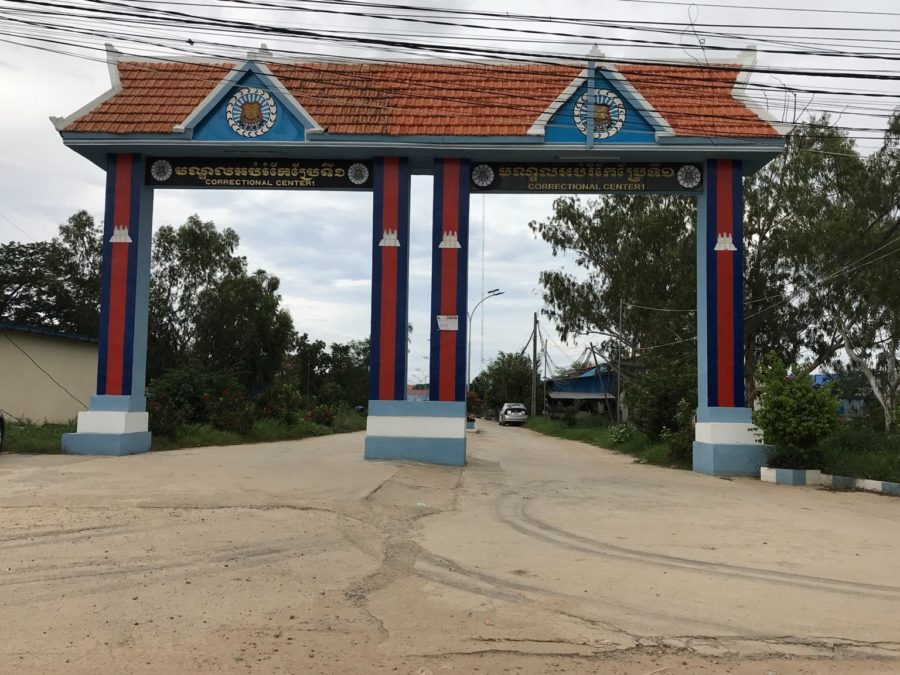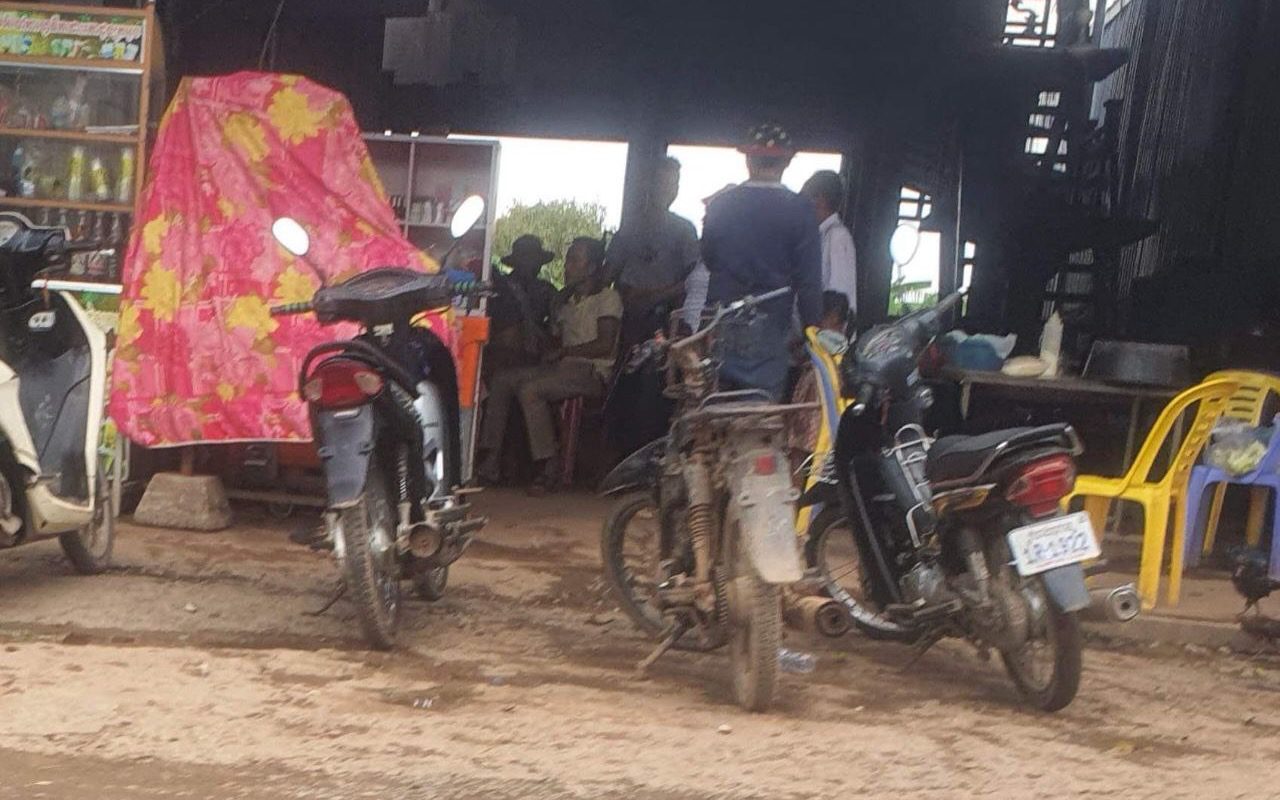On Wednesday night, a Cambodian woman posted a call for help on Facebook.
“Do you know the number for the police? I was sold to work for Chinese. Now I’m in Pursat on a rocky mountain.”
Alongside the words were photos of a dark security fence with barbed wire, and a map with her location.
“I want to go home. Help me,” the post said.
The location, according to Pursat police, was just outside the Thmor Da Special Economic Zone — or MDS, a compound owned by Try Pheap, one of the country’s most notorious tycoons and a member of a ruling party working group in Kandal. Police said the woman was in quarantine in preparation for working at the SEZ.
Over the past three years, the area has been the site of suspicious incidents, mostly involving Chinese nationals: deaths from falling off a building or getting run over inside the compound by traffic, and a man hospitalized for trying to slice his own neck. Local police have told of buildings being sealed off to keep workers in, and Vietnamese nationals escaping and alleging abuse inside. This year, several Chinese trafficking victims have been rescued from the premises, saying they were tricked into working there and forced to perpetrate global scams.
At 9:30 p.m. last night, police arrived at the quarantine facility. “We came to rescue her and take her to the Thmor Da commune police station,” deputy provincial police chief Heang Sitha told VOD on Thursday.
A Chinese man had invited the woman to work at the SEZ to make use of her language skills, he said. “Yes, the Thmor Da Special Economic Zone.”
Pheap, the tycoon owner, has been placed on a sanctions list by the U.S. for alleged corruption and large-scale illegal logging. Pheap and the company have not responded to requests for comment this week.
Sitha, however, downplayed the Wednesday incident.
“She couldn’t stay in the quarantine because it was too quiet,” he said. “She asked the authorities to help intervene so she could return home.”
He would not explain why police intervention was necessary for someone to leave a job.
Nevertheless, he added that police had previously rescued Chinese nationals from the SEZ.
“People are used to living in Sihanoukville and when they come to live in Thmor Da, it is a little quiet and it is not crowded,” Sitha said. “We rescue them because they do not want to stay. Some people are able to stay, and the company has cooperated well with authorities.”
Sitha added that other incidents — the deaths and self-mutilation — had all been personal matters “not related to the Chinese companies.”
Within the SEZ compound are multiple firms, both big and small. According to rescued trafficking victims, the companies range in size from around a dozen workers to 1,000. Their work was most commonly “pig-butchering” scams, or nurturing fake romantic relationships online for months before scamming victims for money, they have said. A commune chief has estimated that there are at least 2,000 workers inside.
Sitha said immigration police had previously visited the compound and checked 70 workers for legal documents. As to whether there were more workers there, “we don’t know how many more,” he said.
Asked repeatedly about detained workers and scam operations, he said there was no crime: “We don’t know about it.”
Commune police chief Thlaing Moeun said there were misunderstandings in the rescued woman’s case.
“There was no selling or buying,” Moeun said. “She was scared and concerned about this and that, so she asked to return.”
Under the Criminal Code, unlawful detention is punishable from one to 30 years in prison depending on duration and aggravating circumstances.
Following her rescue, the woman’s Facebook post was changed to read that she had come to work in Pursat but became frightened. “Thank you to all brothers and sisters who helped share this to help me in time.”


